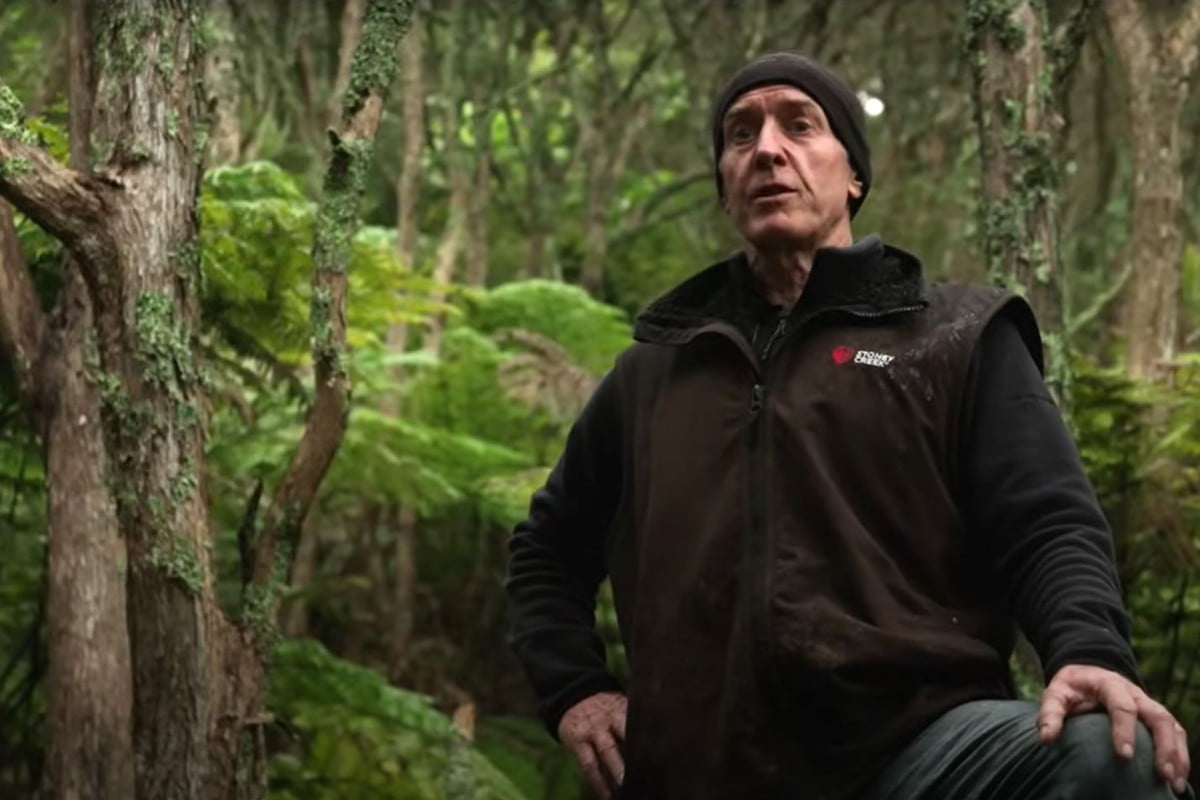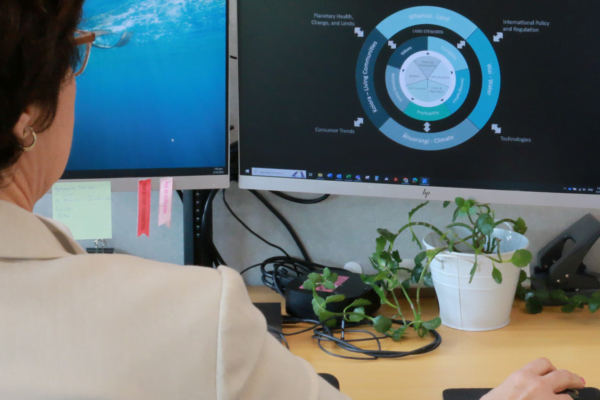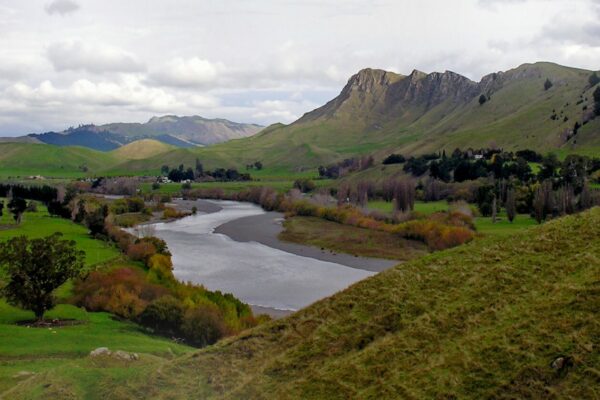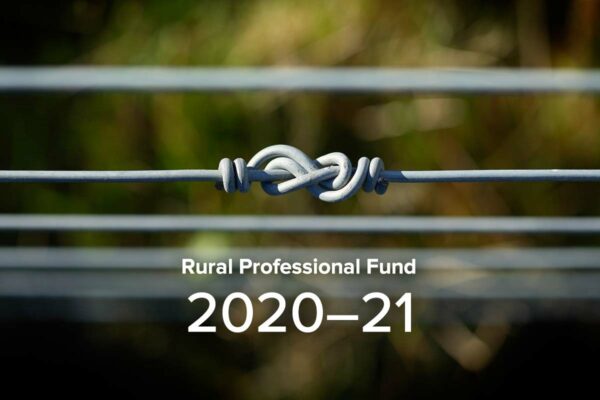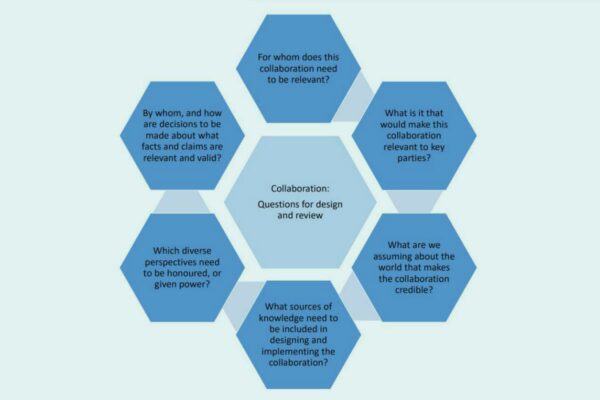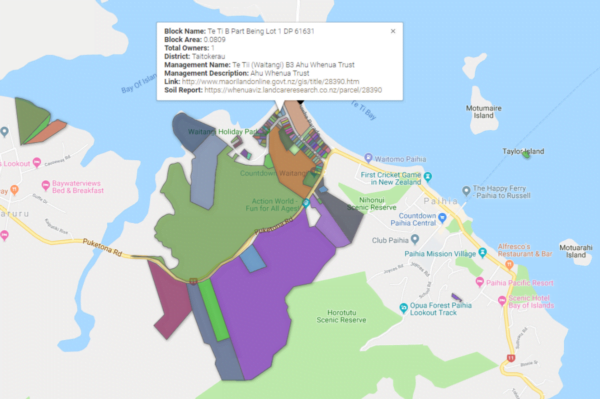Project Summaries
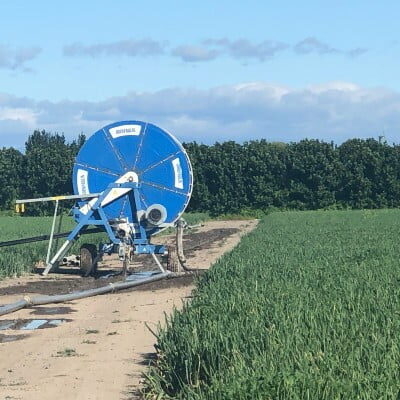
Measuring real-time nitrogen losses in vegetable production - part 2
Being able to measure nitrogen loss in real time, in relation to weather and management practices, is the key to improving agricultural practices. This project combines 3 sources of information (nitrogen losses, drainage events, on-farm management practices) to show 'cause and effect' and support the improvement of nutrient and irrigation management and other methods to reduce nutrient loss. This mini-project extends a previous Rural Professionals Fund project that resulted in modification to some good agricultural practices. It enables a full year of data capture through an onion then export squash crop cycle, and comparison of 'actual vs modelled' data.
Rural Professional: Jamie Thompson (Ravensdown)
Project Team: Chris Zuierwijk (Bostock), Bruce Searle (Plant & Food Research)
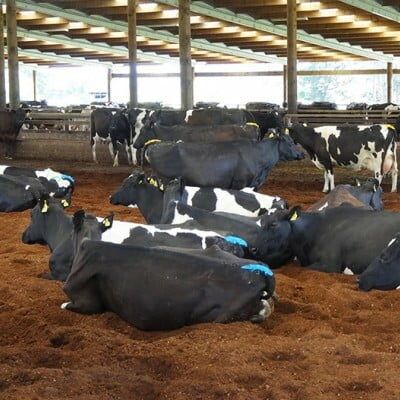
Impact of composting shelters on dairy farm systems
Composting shelters are cow housing facilities that have developed through farmer innovation. Cows spend a proportion of time under a roofed structure, where they lie on a deep plant-based material. Aerobic composting, from the mix of bedding with urine and dung, creates a warm and dry bedding that can remain in place for a year or more before it is replaced and used as fertiliser. This project aims to understand the implications of these composting systems on farm systems, including potential to improve animal welfare, reduce nitrate leaching and GHG emissions, and impact on farm financials.
Rural Professional: Rachel Durie (Perrin Ag Consultants)
Project Team: Airini Hepi and Kyle Amopiu (Kokako Pi Karere LP), Keith Woodford (AgriFood Systems), Lee Matheson (Perrin Ag Consultants), Kate Robinson (HMC), composting shelter farmers TBC

On-farm economics of regenerative agriculture
Regenerative and conventional sheep and beef farms will open their books for comparison in this project, which aims to help people understand the financial implications of adopting regenerative farming practices. The economic performance of the case study farms will be reviewed, and trends from paired farms will be used to produce a typical farm run under both regenerative and conventional farming. The project team will also identify how factors such as stage of life, labour input, debt level, business goals and personal values affect how each farmer views economic success.
Rural Professional: Steven Howarth (AgFirst)
Project Team: Bill Garland (farmer), Alex Bromham (farmer), Phil Weir (AgFirst), Katherine Tozer (AgResearch)
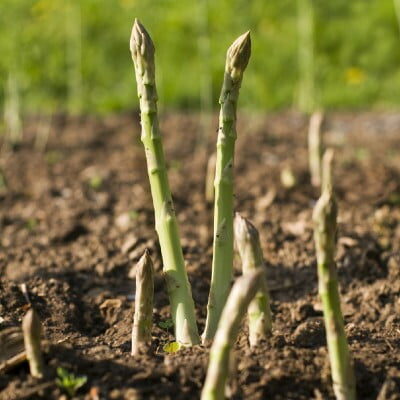
Best-practice nitrogen management in asparagus cropping
Asparagus is a potential crop for more sustainable land use, and robotic harvesting is likely to enable rapid future expansion. It has been considered a low nitrogen crop, but grower practices are not reflecting this. Better knowledge and grower best practice guidance is required. This project will collaborate with growers across the growing regions to collect data, then build understanding of nitrogen pools and dynamics, and together determine what best practice should be. The aim is for asparagus growers to understand how to test their crops, and how to interpret and use that data to improve their farm management practices.
Rural Professional: Dan Bloomer (LandWISE)
Project Team: Karen Orr (NZ Asparagus Council), Cam Lewis (grower, Lewis Farms), Mike Arnold (grower, Leaderbrand), Tony Rickman (grower, Boyds Asparagus), Sam Rainey (grower, Mangaweka Asparagus), Iain Trotter (grower, Wineberry), Luke Posthuma, Derek Ferguson and John Evans (LandWISE), Bruce Searle and Steve Dellow (Plant & Food Research)
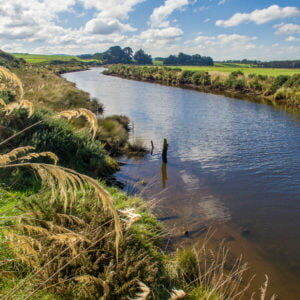
Real-time water quality monitoring
Farmers are increasingly interested in monitoring the health of their on-farm waterways, usually through spot samples taken manually and sent to a lab for testing. Real-time water quality monitoring is a new technology with few resources to support farmer usage. This project will trial and evaluate the application of real-time water quality monitoring by establishing two shallow groundwater nitrate monitoring sites on a case study dairy farm. Fluctuations in results will be observed in real-time and linked to weather, on-farm, or catchment events. This local data will provide a foundation for informed farm management decisions to improve water quality.
Rural Professional: Charlotte Irving Senior (The Agribusiness Group)
Project Team: John and Sarah Wright (dairy farmers), Nicole Holliday (Ballance Agri-Nutrients), Dr Blair Miller (Lincoln Agritech)

Using satellite technology to monitor kiwifruit canopy water content
Some satellites regularly orbiting over New Zealand contain microwave technology that can sense the water content of plants from above. This project will use Synthetic Aperture Radar (SAR), a form of microwave sensing, to provide spatial maps of kiwifruit orchard canopy water status. Many growers use soil moisture probes, but orchard soils are often highly variable and need additional methods to identify zones that are well hydrated or under water stress. The project will inform irrigation management, and feed into the development of microwave technology tools for growers to enable decisions that increase harvestable yield and reduce fruit value variability.
Rural Professional: Ash Neilson (RICADO Group)
Project Team: Colin Jenkins and Andrew Wood (Ngai Tukairangi Trust), Phillip Green and John Huntingdon (RICADO Group), Dr Istvan Hajdu and Prof Ian Yule (PlantTech)
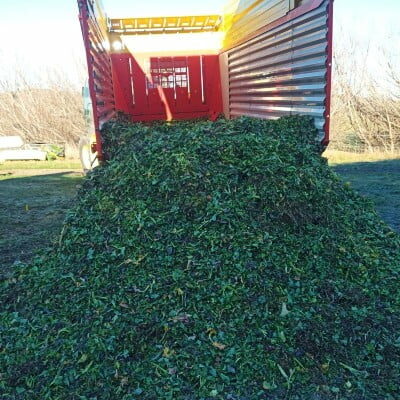
Impacts of dispersed forage feeding
Some New Zealand farmers have adopted a feeding-out, or 'zero grazing' approach to autumn and winter feeding. Brassica, kale and other greenfield crops are harvested, chopped into a loader wagon, and fed out to stock in different paddocks. This disperses the feed across wide areas, with the aim of decreasing soil damage (pugging) and risks to water quality associated with winter grazing. It differs from cut-and-carry to feed pads, which can result in high concentrations of effluent and run-off risks. This project will review the potential environmental, farm management and economic impacts from adopting a dispersed forage feeding approach.
Rural Professional: Sarah O'Connell (The Agribusiness Group)
Project Team: Scott Hassall (farmer), Dave Lucock and Stuart Ford (The AgriBusiness Group), Dr David Scobie and Dr Robyn Dynes (AgResearch), Simon Thorne (Frame Grain & Seed)
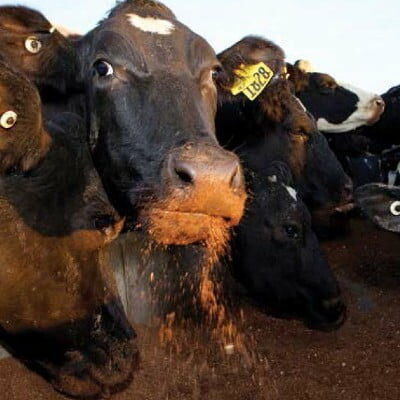
Moving to zero-supplement dairy systems
What would happen if New Zealand's dairy industry stopped using internationally produced supplement, such as PKE? What system changes would be required if all New Zealand dairy farms had to use only what was grown here in Aotearoa? This mini-project will collate the current drivers for dairy farmers to continue importing supplement, the considerations they account for when purchasing, and quantify how their operations would change if they could only use New Zealand produced supplement. The project will also identify alternative stock food products, such as food waste.
Rural Professional: Regan McCorquindale
Project Team: Sean Nixon (Agri Concepts)
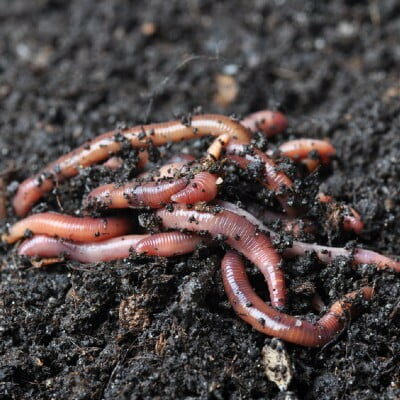
Biological test of soil health using molecular techniques
Farmers and growers are increasingly interested in soil health, but tests to directly measure soil's biological component are still lacking. This project aims to develop a test of soil biological condition, utilizing advances in DNA technologies, to quantitatively determine earthworm populations. Rather than manually count earthworms within a spade square of soil, this test would be part of routine monitoring, saving time and enabling the identification of different ecological groups of earthworms in the soil. Quantifying soil health provides farmers and growers with the information they need to improve soil quality, farm performance, and environmental outcomes.
Rural Professional: Roger Hill (R J Hills Laboratories)
Project Team: Will Burrett (Ngāi Tahu), Nicole Schon (AgResearch), Sara Loeffe (R J Hills Laboratories), Robert Longhurst (Pastoral Nutrient Management)
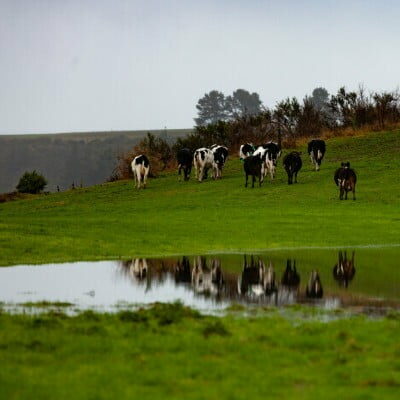
Supporting land use adaptation to climate change
This project aims to empower Canterbury farmers to explore new land use options with a clearer understanding of opportunities emerging through climate change. An initial desktop analysis will explore the influences on farmers' openness to consider and knowledgeably act on climate change impacts, and identify any barriers, gaps or constraints that limit Canterbury farmers from exploring land use options suitable for a changing climate. Farmer and community focus groups will explore how to address those constraints and provide insights into what may limit farmer adaptation to climate change. A toolbox of farmers' solutions will be developed to support local climate change adaptation.
Rural Professional: Richard Fitzgerald (Ashburton District Council)
Project Team: Steven Bierma (cropping farmer), Kerry Harmer (high country farmer), Matt Bently (livestock and horticulture farmer), Hamish Marr (cropping and livestock farmer), Nick Giera (dairy farmer), Angela Cushnie (Kanuka Trust), Turi McFarlane (FAR), Mel Brookes (MHV Irrigation), Rebecca Whillans (Ashburton Lyndhurst Irrigation), Richard Bowman (Barhill Chertsey Irrigation), Tony Finch (DairyNZ), Louise Webster (Ideas Accelerator), Andrew Parish (ECan)
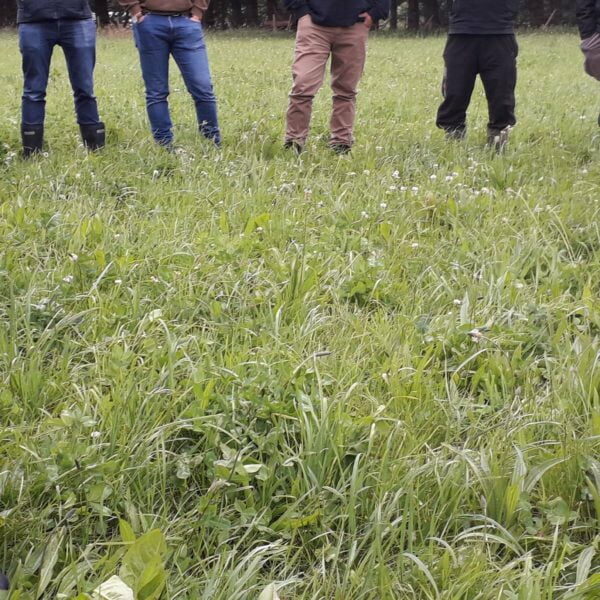
Summer-safe multi-species cattle pasture
This project aims to improve the climate resilience of upper North Island hill country farms by identifying a high-performing fodder mixture that combines crop, cereal and pasture species. Five different multi-species fodder mixtures will be tested and compared to a control brassica crop. Each fodder mixture will contain up to five species, selected for suitability to the upper North Island climate, where increasing droughts and changing rainfall patterns mean pasture is no longer a reliable feed source in early and mid-autumn. Adoption of 'summer safe' fodder could fill the increasingly challenging feed gap and provide farmers with the freedom to reduce PKE inputs.
Rural Professional: Phil Weir (AgFirst)
Project Team: Katherine Tozer (AgResearch), Bob Thompson (AgFirst), Angus Peterson (Farmlands), Hamish Johnston (Agricom), John Foley (PGGW Seeds)

Futureproofing Māori Land Trusts
Succession planning is challenging for many farms, but multi-generational dynamics, geographically dispersed whanau, and complex governance structures add extra challenges for Māori Whenua Trusts. This project will involve two case study Trusts whose trustees, aged from late-60s to late-80s, are under pressure to identify successors and ensure the transfer of whenua management and governance responsibilities. These Trusts have begun a futureproofing journey, having explored land use opportunities to complement their existing agribusinesses. This project will develop an implementation plan for each Trust, matching their identified land use opportunities with the next generation of kaitiaki, and modelling a process for other Whenua Trusts.
Rural Professionals: Ray Mohan and Rhys Millar (Ahika Consulting)
Project Team: Stephen Owens (Akapatiki A Block Incorporated), Nicola Taylor (Pūrākaunui Block Inc), Joy Smith (Ngāi Tahu Law Centre), Haines Ellison (MPI Māori Agribusiness), Paul Hansen (University of Otago)
 View Our Strategy Document 2019 – 2024
View Our Strategy Document 2019 – 2024



